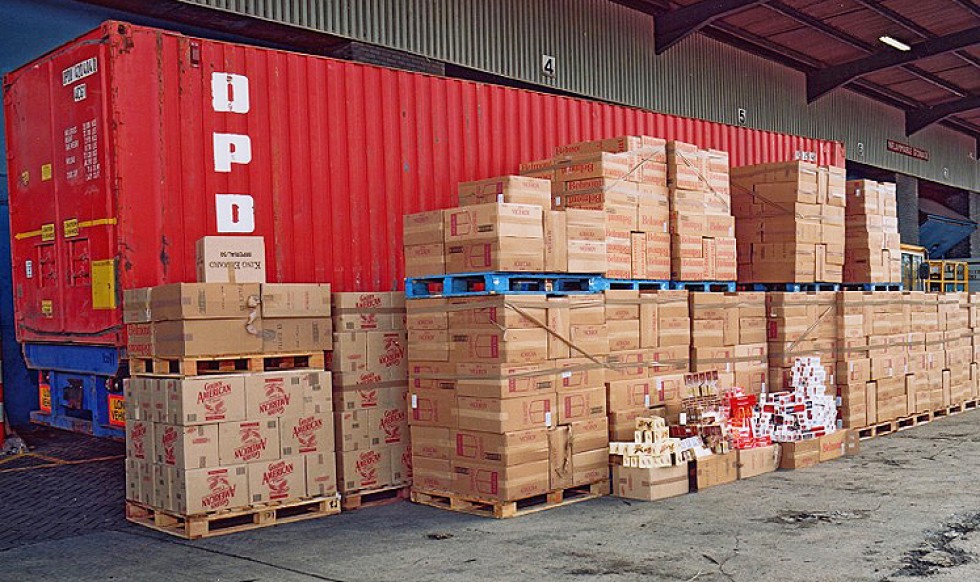from Qi Luo, reporting for the Standard:
Anti-smoking lobbyists are urging the government to increase the tobacco tax to at least 75 percent immediately and to 100 percent by the next fiscal year.
The Council on Smoking and Health said the current tax accounts for between 65 and 68 percent of the retail price, which is below the 70 percent recommended by the World Health Organization.
Based on past experiences when tax was raised in the territory, the council estimates that the prevalence of smoking will further drop from 10.7 percent to single digits after one to two years from when the 100 percent tax hike takes effect.
“The tobacco tax was hiked by 50percent and 41.5 percent in 2009 and 2011, respectively. As a result, the incidence of smoking dropped from 12 percent in 2009 to 10.7 percent in 2012,” executive director Vienna Lai Wai-yin said. “A high tobacco tax will push smokers to quit or reduce tobacco consumption, as well as prevent those who plan to start smoking, especially youngsters.”
Lam Tai-hing, professor in the University of Hong Kong’s School of Public Health, said about one in two smokers die of diseases related to their habit.
“We are saving lives. The sooner, the better,” he said.
The tax on an average pack of cigarettes, sold for HK$52 over the counter, is HK$34.
If the proposal to hike the tax to 100percent is accepted by the financial secretary, the retail price for a pack of cigarettes will increase to HK$84. A survey by the School of Public Health found that a majority – 63.5 percent – of the 2,401 respondents supported an increase in tobacco tax.
“Nearly one-third of ex-smokers who quit after 2011 agreed that the tobacco tax increase that year made them more determined to quit,” Lam said.
“More than 31.4 percent of current smokers reduced their daily consumption after the 2011 tax increase.”
The council also called for more resources for tobacco control.
Chairwoman Lisa Lau Man-man said: “COSH wants more smoke-free education and other tobacco control measures, including combating smuggling and enforcement of smoking offenses.”
20 Nov 2013
